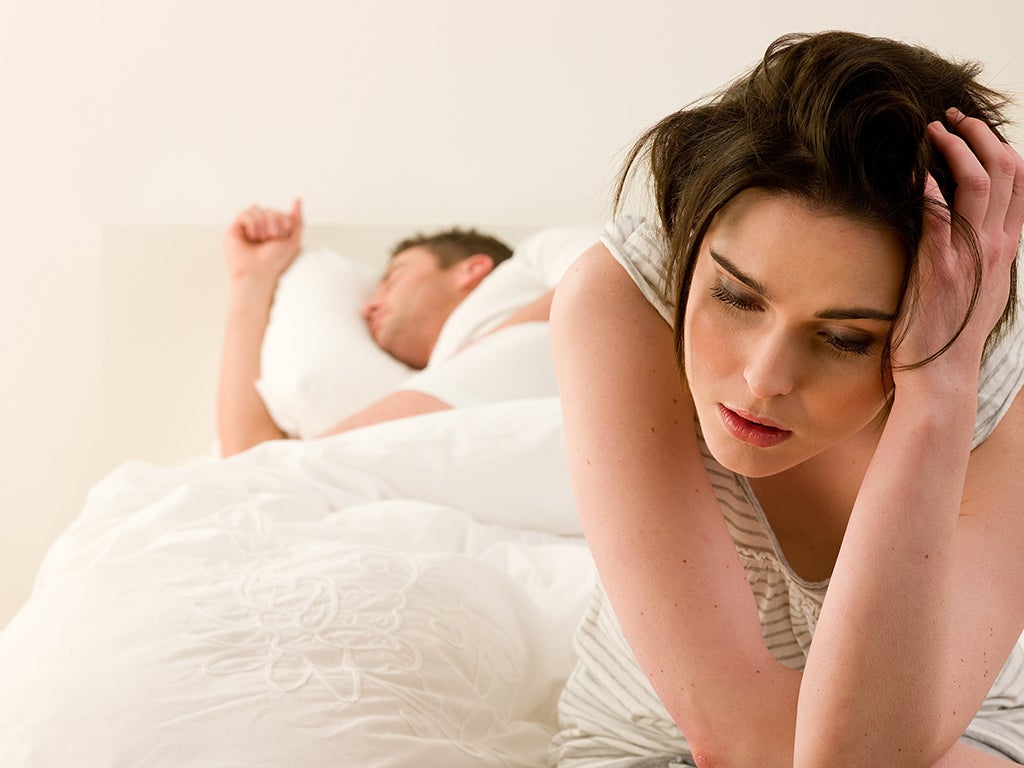Anorgasmia: Student speaks out about condition where person can't orgasm
There are several reasons people affected are unable to achieve orgasm despite sexual stimulation

Your support helps us to tell the story
From reproductive rights to climate change to Big Tech, The Independent is on the ground when the story is developing. Whether it's investigating the financials of Elon Musk's pro-Trump PAC or producing our latest documentary, 'The A Word', which shines a light on the American women fighting for reproductive rights, we know how important it is to parse out the facts from the messaging.
At such a critical moment in US history, we need reporters on the ground. Your donation allows us to keep sending journalists to speak to both sides of the story.
The Independent is trusted by Americans across the entire political spectrum. And unlike many other quality news outlets, we choose not to lock Americans out of our reporting and analysis with paywalls. We believe quality journalism should be available to everyone, paid for by those who can afford it.
Your support makes all the difference.Anorgasmia is believed to affect an estimated 10 to 15 per cent of women.
Few studies have been published about the condition, which can also affect men, but it is believed there are several reasons those affected are unable to achieve orgasm despite sexual stimulation.
Megan Ward, 20, recently spoke out about the condition after first seeking help from a sexual therapist in 2013 and writing about it for student website The Tab.
Fourteen months after the first article, the Birmingham University student says she is “finally at peace” and is pleased to see awareness being raised about anorgasmia.
"I feel like the piece has resonated,” Ms Ward told The Independent.
"I got a lot of really positive messages from people saying it was nice to hear it talked about, and one in particular, a girl messaged me to say she thought she had anorgasmia but what she actually had is sexual anhedonia which I'd never heard of.
"After looking into it, I think that might be what I actually have. And there are other messages in my inbox asking my advice and it's really nice to see women supporting other women, passing advice and tips on and offering encouragement."
Ms Ward has also written negatively about popular culture such as the Fifty Shades of Grey series, and suggested women were being taught to “view sex as a performance… where they don’t demand pleasure for themselves”.
"Boys are encouraged to explore themselves and their turns on, and it's not quite the same with girls, or at least the age we discuss things is older,” she continued.
“There are so many complex sexual issues at play, and there's pressure on both men and women to enjoy sex and have lots of sex, which isn't always possible. Sexual dysfunction or even disinterest needs to be treated with respect."
Asked whether she has ever been made to feel like “less” of a woman because of her condition, Ms Ward said “the implication has been made".
"A friend of mine had anorgasmia and then, one day she managed an orgasm," she said.
"And she said to me 'it's amazing! I feel like I've become a woman'.
"She didn't mean it badly at all, and I'm so happy for her, but it did kind of make me feel like a child. Or if I describe my sexual experience as mind blowing or incredible, people don't tend to think I can be telling the truth, when the fact is I do have an active and very satisfying sex life. It doesn't make my sexual experience any less so, but people assume it must."
Join our commenting forum
Join thought-provoking conversations, follow other Independent readers and see their replies
Comments